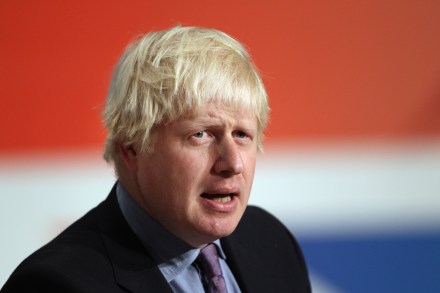Another Budget snippet
Benedict Brogan’s latest post is built around an observation from Jo Johnson on the 50p rate, yet it is Brogan’s own observation that gets a place in our Budget scrapbook: “Some people I have spoken to think George Osborne might be sufficiently worried about the growing exodus of entrepreneurs to put down a marker on 50p in the Budget next week.” Whether this “marker” transpires — and what it might look like, if it does — is something we shall have to wait for. In the meantime, it’s worth noting that Labour have already set a marker on 50p: that it will have to remain for the duration of this
















